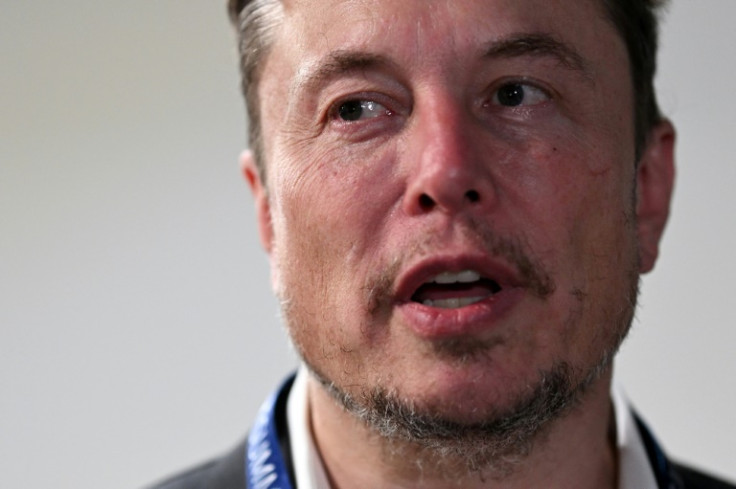Thousands Of People Sign Up To Get Neuralink Chips Implanted In Their Brains
The trial involves a surgical procedure in which a robot will insert electrodes and extremely thin wires into the brains of the participants.

Elon Musk-led neurotechnology company Neuralink has received an overwhelming response to their request for volunteers to undergo implantation of Neuralink's brain chip.
The company revealed in a Twitter (now X) post that thousands of people are willing to become a part of the trials. It received approval from an independent review board to test its brain chip on paralysis patients in September of this year.
The company then posted a request for volunteers on its website and social media pages. It said that people with quadriplegia due to a cervical spinal cord injury and people with amyotrophic lateral sclerosis are also eligible for the trial.
The study has been named PRIME (Precise Robotically Implanted Brain-Computer Interface). It is a "groundbreaking medical device trial for our fully implementable, wireless brain-computer interface (BCI)", reads a statement available on its website.
The study will focus on patients suffering from paralysis caused by cervical spinal cord injuries, or ALS (amyotrophic lateral sclerosis).
Neuralink was set up in 2016, and Musk said that it is meant to help treat diseases such as dementia, Parkinson's, and Alzheimer's. Musk also plans to manage a wide range of conditions, including depression, schizophrenia, autism, and obesity, with the help of chip devices.
He added that its long-term goal is to "improve human-to-AI and human-to-human bandwidth by several orders of magnitude".
How does Neuralink work?
The trial will involve a surgical procedure in which a robot will insert electrodes and extremely thin wires into the brains of the participants.
A small portion of the participant's skull will be replaced with a chip the size of a quarter. The implant will be inserted into the hand knob area of their premotor cortex, the area that controls our hands, forearms, and wrist movements.
"Once in place, the N1 Implant is cosmetically invisible and is intended to record and transmit brain signals wirelessly to an app that decodes movement intention," a statement from the company explained.
Neuralink is still in its early stages of development, but it has made some notable progress over the years. The company demonstrated a working BCI capable of controlling a computer cursor with a monkey's mind in 2020.
The company has been involved in its share of controversies. A report by Wired claimed that the monkeys used in the trials died due to the implants.
However, Musk has dismissed all such reports, saying that "no monkey has died as a result of a Neuralink implant".
"First our early implants, to minimize risk to healthy monkeys, we chose terminal monkeys (close to death already)," he added.
© Copyright IBTimes 2024. All rights reserved.






